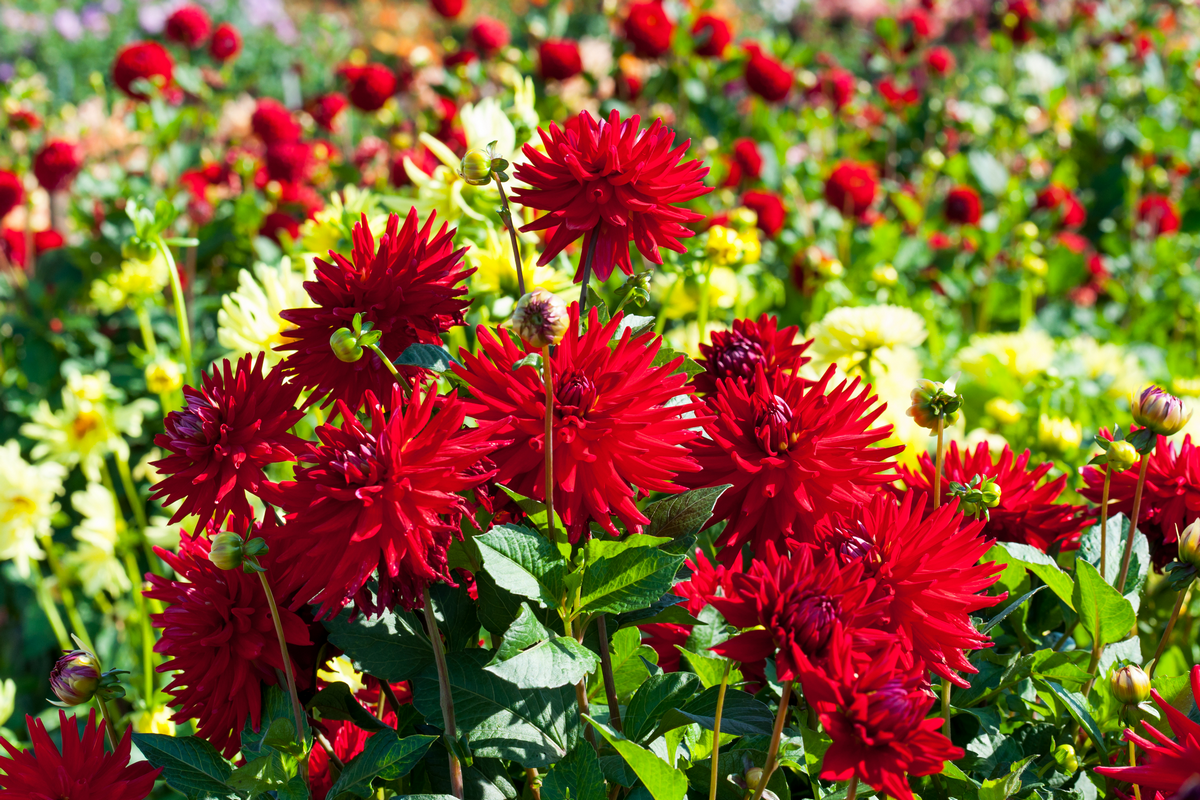[ad_1]

The “Eternity sequence” of dahlias, bred for his or her lengthy vase life to facilitate long-distance transport, nonetheless confronted the problem of ethylene-induced petal abscission. To handle this, cultivars with lengthy vase life and low abscission charges have been crossbred, aiming to supply offspring with each fascinating traits. In a examine carried out through the summer-autumn of 2021, the flower life of those offspring was examined in opposition to ethylene publicity, classifying their abscission charges as excessive, mid, or low primarily based on their response time and incidence of abscission.
Out of 105 traces, 17 exhibited mid to low abscission charges and have been additional assessed in greenhouse circumstances through the winter-spring of 2021-2022. Three traces (F182-10, F181-14, and F182-17) confirmed no petal abscission and maintained a drawing resistance drive of 1.0 N throughout senescence, indicating a low diploma of abscission.
These findings have been constant in a re-evaluation within the summer-autumn of 2023, with improved vase lives noticed in traces F182-10 and F182-17 in comparison with the ‘Port Mild Pair Magnificence’ cultivar. This examine marks the primary report on breeding dahlias with each a protracted vase life and a low diploma of abscission, highlighting the potential for growing cultivars that may face up to ethylene sensitivity and have an prolonged show life.
Takuo Fujimoto, Takashi Onozaki. Crossing and Number of Dahlia (Dahlia Cav.) Strains with a Decrease Diploma of Petal Abscission.
https://doi.org/10.2503/hortj.QH-149
[ad_2]


